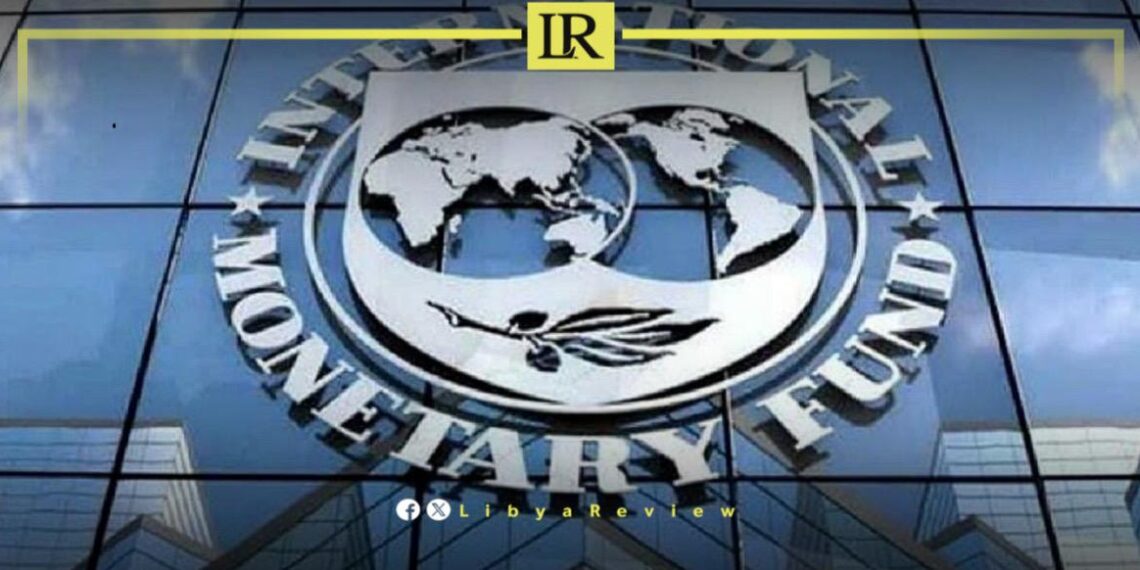On Monday, the International Monetary Fund (IMF) concluded its 2024 Article IV mission in Libya, offering a comprehensive review of the country’s economic conditions and projecting a path forward amidst ongoing challenges.
The mission, led by Dmitry Gershenson, focused on Libya’s economic and financial developments, macroeconomic outlook, and policy reforms, highlighting the critical need for economic diversification away from hydrocarbon dependency.
During the mission from May 1-10, 2024, in Tunis, Tunisia, the IMF team engaged with Libyan authorities to discuss the country’s economic and financial developments, macroeconomic outlook, and policy priorities. The consultation provided a platform for a deep dive into the impacts of recent economic shocks, including the consequences of tropical storm Daniel, which, despite causing extensive damage and loss of life in Eastern Libya, had a muted impact on the nation’s GDP growth.
Libya’s economy showed resilience with an estimated 10 percent growth in real GDP in 2023, attributed mainly to a strong rebound in oil production following the previous year’s disruptions. However, the IMF highlighted several vulnerabilities, such as the need to address the underlying pressures on the exchange rate and the pro-cyclical nature of government spending.
The IMF praised the steps taken towards the reunification of the Central Bank of Libya, noting improvements in banking supervision and monetary policy coordination. This reform is seen as crucial for advancing Libya’s broader economic agenda, particularly in enhancing financial stability.
Fiscal policies were also discussed, with the IMF advocating for strengthening Libya’s fiscal framework to improve macroeconomic resilience. The authorities were urged to avoid pro-cyclical spending biases and to better manage the nation’s wealth through improved budgeting practices, which should be less dependent on volatile oil revenues.
Looking forward, the IMF projects that Libya’s hydrocarbon production will stabilize, reaching 1.5 million barrels per day by 2026. However, the economic outlook remains cautious with anticipated declines in fiscal and external balances, aligned with a projected decrease in global oil prices.
The IMF has committed to continuing its support for Libya through capacity development in various sectors, aiming to close significant data gaps that hinder effective economic management and policy-making. Such support is crucial as Libya strives to diversify its economy and reduce its dependency on oil revenues.
The mission’s findings will be developed into a comprehensive report, which, pending IMF management approval, will be presented to the IMF Executive Board for discussion and decision. This process underscores the ongoing international efforts to assist Libya in achieving sustainable economic growth and stability.


